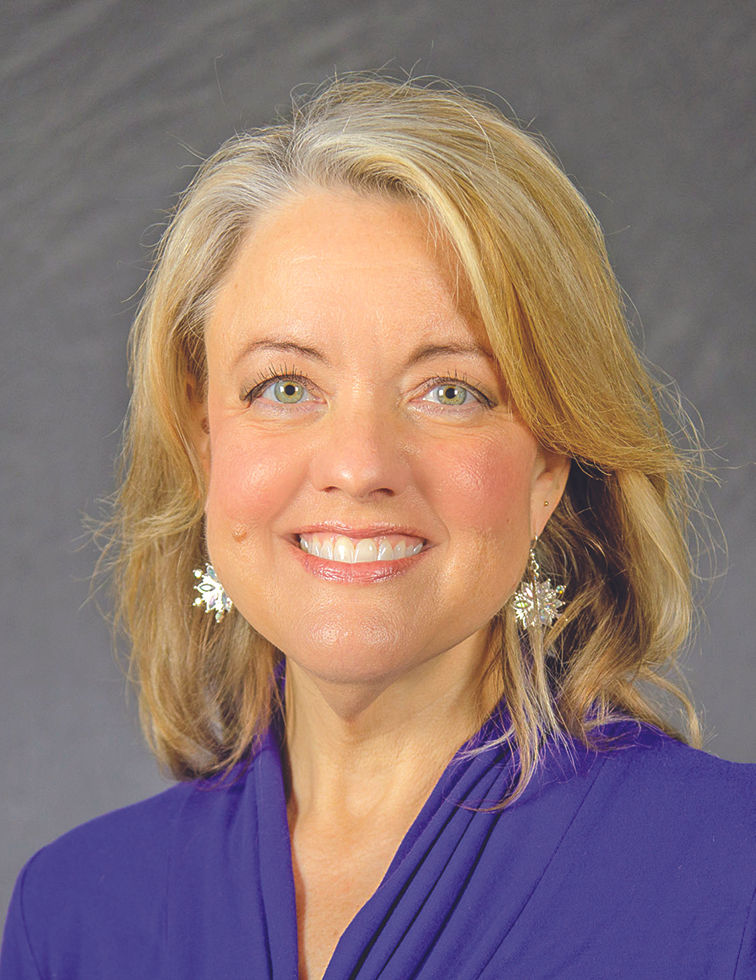Straight Paths- How You Make Them Feel
- May 12, 2025
- 3 min read

How You Make Them Feel
Loren Hardin
The Ashland Beacon
This is the last of a four-part series about Tom and Faye. Tom enrolled in our outpatient hospice program at age sixty-eight with end-stage Lou Gehrig’s disease (ALS). Once upon a time, Tom was strong and athletic. He was a mechanic, truck driver, motorcycle enthusiast, and a competitive tennis player and bowler, but now Tom’s body is holding him hostage. Tom reflected, “I thought I was ten feet tall and bulletproof and that I could move mountains, but God showed me that I’m only about a half inch tall and that I can only flick rocks.” Tom is also a retired pastor; he and his wife, Faye, were partners in ministry in Wisconsin. After retiring to Scioto County, Ohio, they dreamed about converting their home into a bed and breakfast, but illness has a way of foiling our best-laid plans.
One day, Faye said something I instantly knew I had to eventually pass on—but first, bear with me as I regress. My day started with a visit to a new hospice patient and his wife. When I pulled into their driveway, I was impressed by the manicured lawn and beautiful landscaping. When I stepped inside the house, I was struck by how exquisitely it was decorated. Their home looked like something straight out of Better Homes & Gardens magazine.
I was also impressed—or maybe I should say surprised—by how quickly, almost immediately, the patient’s wife unleashed her anger and resentment toward her husband, and in front of a perfect stranger. She exclaimed, “I’ve never felt like he really accepted me or understood me. He has always wanted to dominate and control me!” The patient, startled, attempted to vindicate himself: “But haven’t I done a lot for you? Haven’t I bought and given you almost anything you wanted?”
As I drove away, I was sincerely grieved and saddened for them. It was like a cold mist had settled upon their marriage. But at the same time, I was mindful not to “cast the first stone” (John 8:7).
My visit with Tom and Faye was my last stop of the day. As I pulled into their driveway, I couldn’t help but contrast their home and relationship with that of the couple I had visited earlier that morning. Even though Tom and Faye’s financial reserves were depleted and their home was in dire need of repair, Faye had declared, “But we are more thankful now than ever. We are happier here than anywhere.”
Being careful to protect the first couple’s anonymity, I shared their apparently sad state of affairs with Tom and Faye. I told them how the husband fiercely defended himself by listing all the things he had done for his wife—all the things he had bought her. Then Faye declared, “That’s where he went wrong. It’s not what you do for somebody that counts—it’s how you make them feel!”
I asked Faye how Tom made her feel, and she replied, “Like there was no one else in the world he would rather be with. Even if he was going to the hardware store, he would ask me to go with him. I would drop whatever I was doing and go. But we didn’t always like the same things. He loved sports, but I didn’t. But I didn’t say, ‘Why are you watching another ballgame?’ I would sit in the room with him, doing something else, while he watched the ballgame.”
“I’ve learned that people will forget what you said, people will forget what you did, but people will never forget how you made them feel.” — Carl W. Buehner (1898–1974)
“I read something—I didn’t come up with it—but I really like it. It said, ‘Imagine that everyone you meet has a sign hanging around their neck that says, make me feel important.’” — Lorene Hogge, hospice patient
Loren Hardin was a social worker with SOMC-Hospice for twenty-nine years and is presently an active volunteer. He can be reached at 740.357.6091 or at lorenhardin53@gmail.com. You can order Loren's book, Straight Paths: Insights for Living from Those Who Have Finished the Course, on Amazon.



I was diagnosed with bulbar ALS in May 2024. I live in Texas, and I’m 68 years old. I take Nudexta medication to help with the emotional outbursts of laughing and crying. The weakness, slurred speech, and muscle loss progressed quickly. Mobility has been an issue since Dec 26, when I fell and broke my hip, and although I made small strides at first, I felt like my life had been placed on a countdown, as there was no known cure other than the prescription of riluzole medications, vitamins, and therapies. As the disease progressed, my symptoms worsened. With my neurologist's guidance we decided to try other approaches and started the ALS/MND treatment, and it changed everything. Within 5 months,…